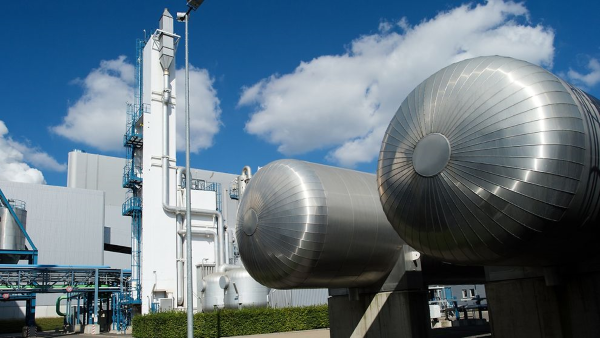The German federal government has announced that it has approved a draft bill amending the Carbon Dioxide Storage Act (KSpG), significantly expanding the legal framework for carbon capture, transport, and underground storage (CCS). Until now, CCS projects in Germany were limited to research and pilot operations.
This amendment is considered a crucial milestone in Germany’s plan to achieve climate neutrality by 2045, while also safeguarding the country’s industrial competitiveness.

Why carbon storage is needed
Certain industrial emissions, particularly in steel, cement, and lime, cannot be fully eliminated, even with the latest low-carbon technologies. For these sectors, CCS is indispensable in reaching net-zero targets, the government stated.
Since CCS infrastructure requires seven to 10 years to build, the government stresses that projects must begin immediately to ensure facilities are operational by the early 2030s.
Expanded legal framework
A 2022 review of the KSpG confirmed that CCS and carbon capture and utilization (CCU) are required under Germany’s Federal Climate Protection Act (KSG).
The amendment now provides industries with:
- Legal certainty to justify long-term investments,
- A path to scale CCS from pilot projects to full deployment, only permitted if proven safe for health and the environment.
By laying the legal foundation today, Berlin aims to accelerate project development, ensuring infrastructure is in place to meet climate targets without eroding industrial strength.
Impact on the steel industry
SteelOrbis understands that the German government’s revised Carbon Dioxide Storage Act positions CCS as a necessary pillar for hard-to-abate industries such as steelmaking. While German steelmakers such as thyssenkrupp are testing CCU through projects such as Carbon2Chem®, and ArcelorMittal Germany is linked to cross-border carbon pipeline initiatives, no large-scale capture and storage project has yet been realized at steelworks. The new legal framework ensures that once steelmakers move beyond hydrogen-based decarbonization, they may have access to transport and storage infrastructure, making their pilot projects and infrastructure studies directly aligned with Berlin’s strategy.